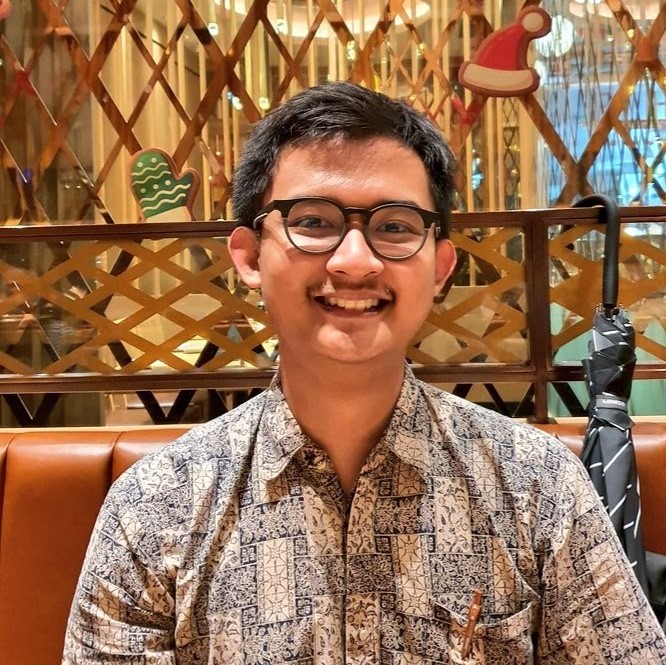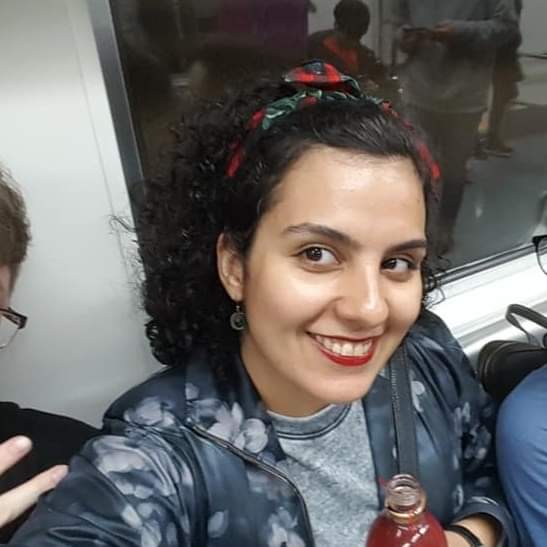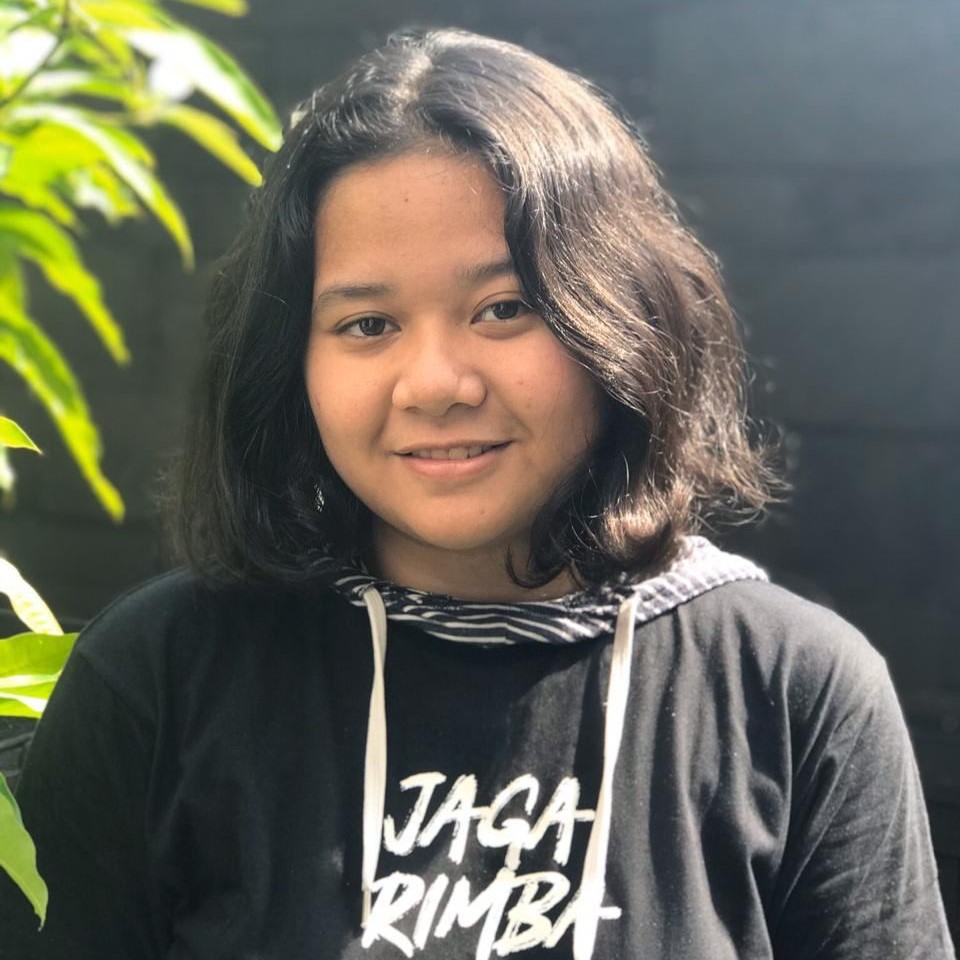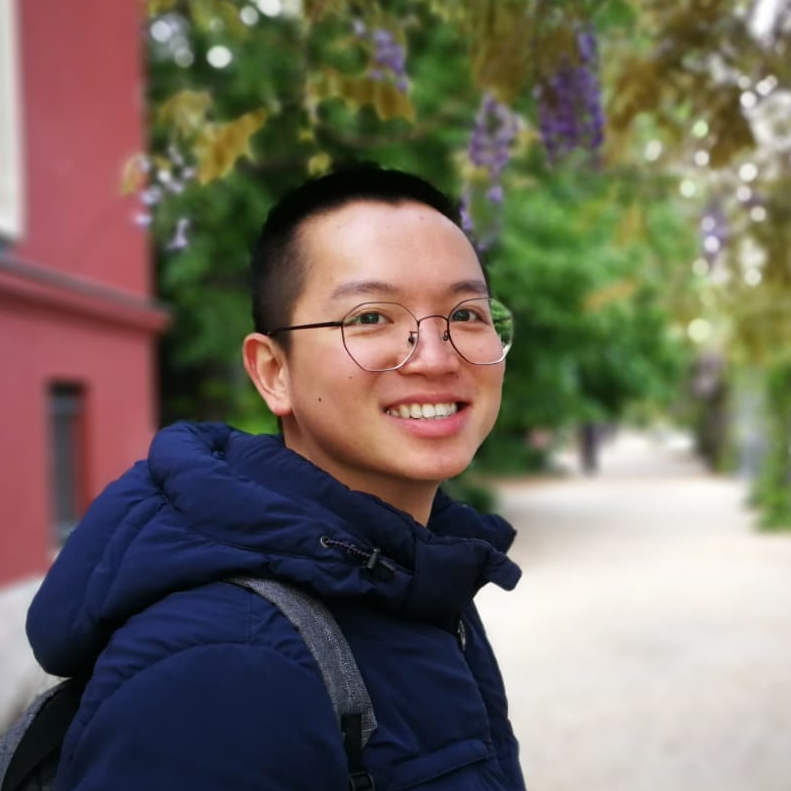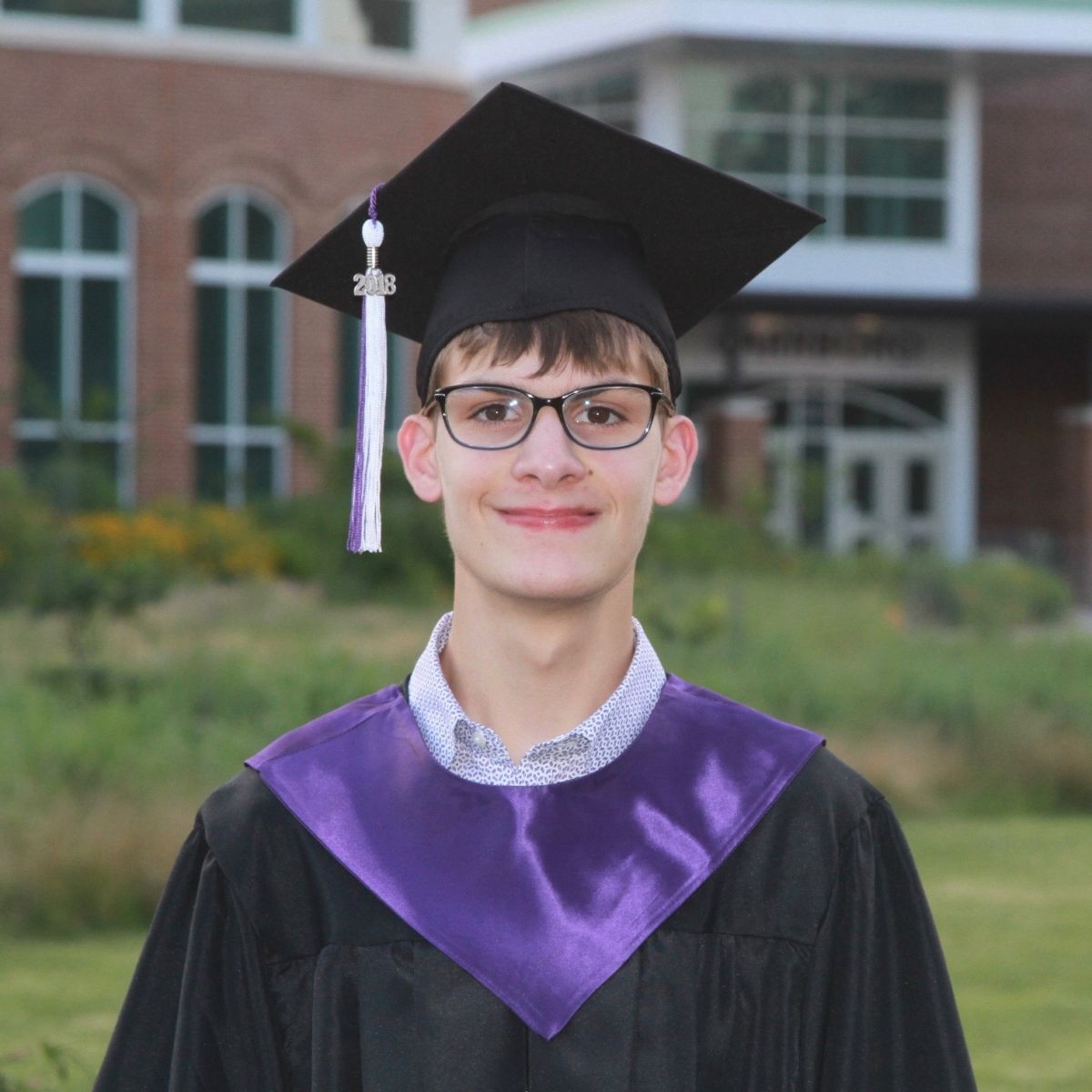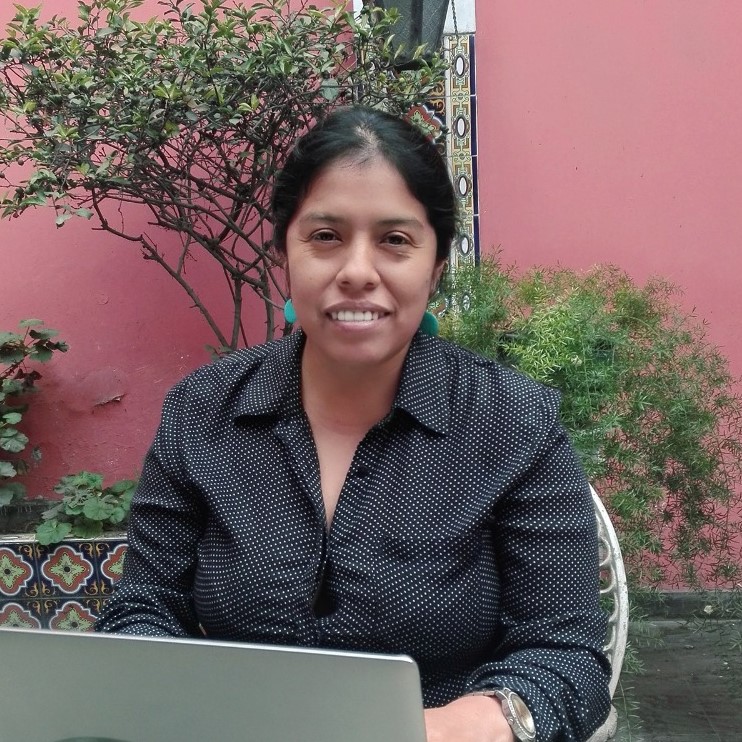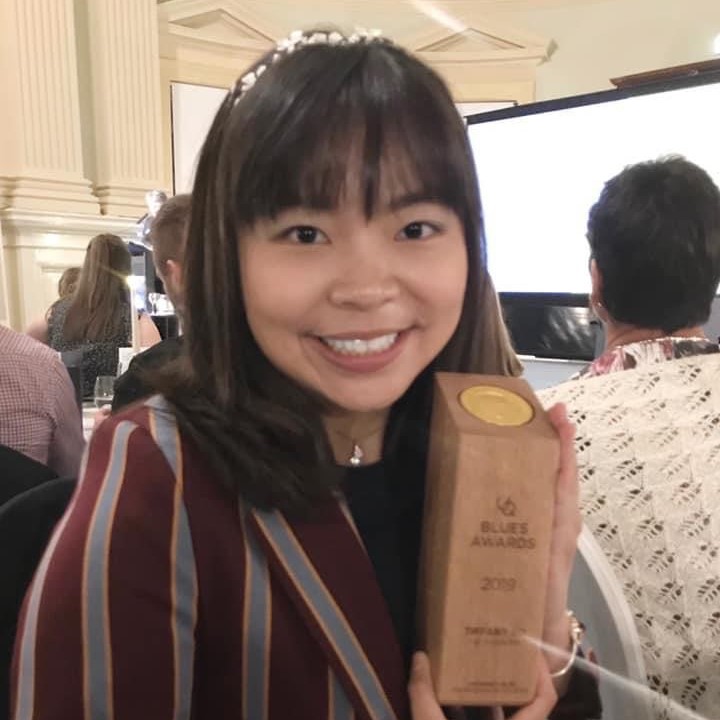Saat Negaramu Menjadi Studi Kasus: Pengalaman Sebagai Ahli Lingkungan Indonesia di Yale
Ini juga membawa saya ke pelajaran ketiga: pengalaman dan pengetahuan saya, dan pengalaman semua golongan minoritas itu penting, bahkan ketika perspektif itu terasa tidak diperhatikan karena memang diperlukan lebih banyak upaya untuk membuat akademisi Barat mengerti.
Indonesia, Southeastern Asia
Story by Brurce Mecca
Published on August 24, 2020.
This story is also available in 






Saya lulus pada Mei 2019 dengan gelar Master Ilmu Lingkungan dari Yale University di Amerika Serikat. Saya berasal dari Indonesia, negara yang terkenal dengan beragam budaya, hutan tropisnya yang kaya, dan masalah lingkungan yang sangat kompleks.[1]
Pengalaman saya di Yale adalah sebuah cerita tentang konflik internal antara identitas saya sebagai ahli lingkungan asli dari Indonesia dengan pandangan Barat-sentris[2] akademisi sosial-lingkungan Yale tentang negara asal saya sendiri.
Bagi banyak ilmuwan lingkungan dunia Barat, Indonesia adalah lapangan untuk studi kasus — ibarat sebuah laboratorium raksasa untuk keilmuan sosial-lingkungan di hutan tropis. Banyak teman seangkatan saya yang berasal dari Amerika pernah bekerja di Indonesia. Pembimbing tesis saya sendiri cukup terkenal dengan penelitiannya di bidang ekologi manusia di Indonesia. Awalnya, saya tertarik untuk menempuh studi di Yale bersama pakar ilmu sosial-lingkungan terkait Indonesia, tetapi saya juga sering menemukan bahwa pandangan saya kerap “ditentang” oleh akademisi disana. Misalnya, ketika saya menjelaskan bahwa intervensi yang dirancang untuk mengurangi kebakaran hutan sebenarnya merugikan hak petani kecil, saya dianggap terlalu 'pesimis'. Untuk terlibat dalam diskusi akademis, saya harus belajar untuk mengubah pemahaman saya tentang negara saya sendiri agar sesuai dengan pemahaman mereka tentang Indonesia yang cukup Barat-sentris.
Saat mempresentasikan penelitian saya tentang masalah lingkungan di Indonesia di Yale, saya sering ditanya: “apa yang membuat masalah lingkungan di Indonesia unik dibandingkan dengan negara lain?” Pertanyaan ini terdengar biasa-biasa saja, sampai saya menyadari bahwa saya sebenarnya diminta untuk menjawab mengapa Indonesia patut diperhatikan oleh sivitas akademika Barat. Bagi rekan-rekan dan profesor saya, penelitian yang bermanfaat adalah yang menghasilkan ide-ide baru. Indonesia dipandang sebagai laboratorium raksasa dan misterius dari timur jauh, pemroduksi hipotesis canggih. Namun bagi saya dan masyarakat tempat saya bekerja, teori intelektual tidak banyak membantu mengatasi masalah lingkungan yang nyata dan memengaruhi kehidupan masyarakat. Terlepas dari masalah lingkungan di Indonesia itu “unik” atau tidak, fakta bahwa akademisi Barat telah gagal menyelesaikan masalah ini adalah alasan yang lebih kuat bagi ahli lingkungan Indonesia, seperti saya, untuk lebih giat bekerja.
Meskipun Yale memiliki kebanggaan sebagai institusi yang memiliki banyak peneliti lingkungan dengan topik regional Indonesia, saya menemukan bahwa banyak teman seangkatan saya dari Yale yang kerap hanya mengaitkan Indonesia dengan dua masalah lingkungan: deforestasi dan orangutan. Oleh karena itu, untuk menarik minat mereka terhadap penelitian saya tentang kehidupan masyarakat petani yang terpengaruh oleh konservasi lahan gambut,[3] saya harus menyambungkan topik tersebut dengan 'deforestasi' dan 'hilangnya keanekaragaman hayati' yang merupakan daya tarik bagi banyak akademisi Yale, kendati saya tidak berfokus terhadap kedua tema tersebut. Meskipun saya adalah salah sedikit dari orang yang pernah meneliti tentang kebijakan lahan gambut Indonesia di Yale, saya mengalami perasaan rendah diri dan penolakan dari ruang akademisi Barat karena studi saya kerap dinilai berdasarkan kesesuaiannya dengan prioritas mereka saja. Saya belajar bahwa, agar perspektif saya bisa dihormati dan dipahami, pertama-tama saya perlu memahami perspektif teman sekelas dan profesor saya dan belajar berbicara dengan “Bahasa” mereka. Kedua, saya menyadari bahwa Yale, yang begitu tertanam dalam sentrisme Baratnya, kemungkinan besar tidak akan pernah memahami kompleksitas perspektif saya dan orang lain seperti saya. Ini juga membawa saya ke pelajaran ketiga: pengalaman dan pengetahuan saya, dan pengalaman semua golongan minoritas itu penting, bahkan ketika perspektif itu terasa tidak diperhatikan karena memang diperlukan lebih banyak upaya untuk membuat akademisi Barat mengerti. Butuh waktu lama bagi saya untuk belajar bagaimana menceritakan kisah saya sendiri dan didengarkan di Yale. Mudah-mudahan, dengan semakin banyak orang seperti saya yang duduk di meja akademik Barat, pengalaman dan penelitian orang non-Barat dapat lebih diakui dan dimengerti sedari awal.
[1] Khususnya di kalangan antropolog lingkungan, Indonesia terkenal dengan konflik lingkungannya yang dinamis, seperti: politik uang yang menghancurkan hutan tropis, deregulasi perlindungan lingkungan yang disponsori oleh negara, polusi plastik laut yang besar, dan, tentu saja, orangutan yang terancam punah.
[2] Yang saya maksud dengan 'Barat-sentris' adalah pandangan akademis yang memprioritaskan perspektif akademisi Eropa dan Amerika Utara pada semua hal; yang dalam konteks ini memprioritaskan pemahaman terhadap Indonesia yang bersumber dari penelitian institusi pendidikan Eropa dan Amerika Utara dibandingkan pemahaman orang Indonesia sendiri.
[3] Untuk informasi lebih lanjut tentang tesis saya bisa mengunjungi laman CIFOR: https://www.cifor.org/feature/usaid-cifor-fellowship/brurce-muhammad-mecca/ atau Tropical Resources Institute: https://tri.yale.edu/people/brurce-mecca
How does this story make you feel?
Follow-up
Do you have any questions after reading this story? Do you want to follow-up on what you've just read? Get in touch with our team to learn more! Send an email to [email protected].
Talk about this Story
Please enable cookies to view the comments powered by Disqus.
Subscribe to our Monthly Newsletter
Stay up to date with new stories on Correspondents of the World by subscribing to our monthly newsletter:
Other Stories in
Explore other Topics
Get involved
At Correspondents of the World, we want to contribute to a better understanding of one another in a world that seems to get smaller by the day - but somehow neglects to bring people closer together as well. We think that one of the most frequent reasons for misunderstanding and unnecessarily heated debates is that we don't really understand how each of us is affected differently by global issues.
Our aim is to change that with every personal story we share.
Community Worldwide
Correspondents of the World is not just this website, but also a great community of people from all over the world. While face-to-face meetings are difficult at the moment, our Facebook Community Group is THE place to be to meet other people invested in Correspondents of the World. We are currently running a series of online-tea talks to get to know each other better.











